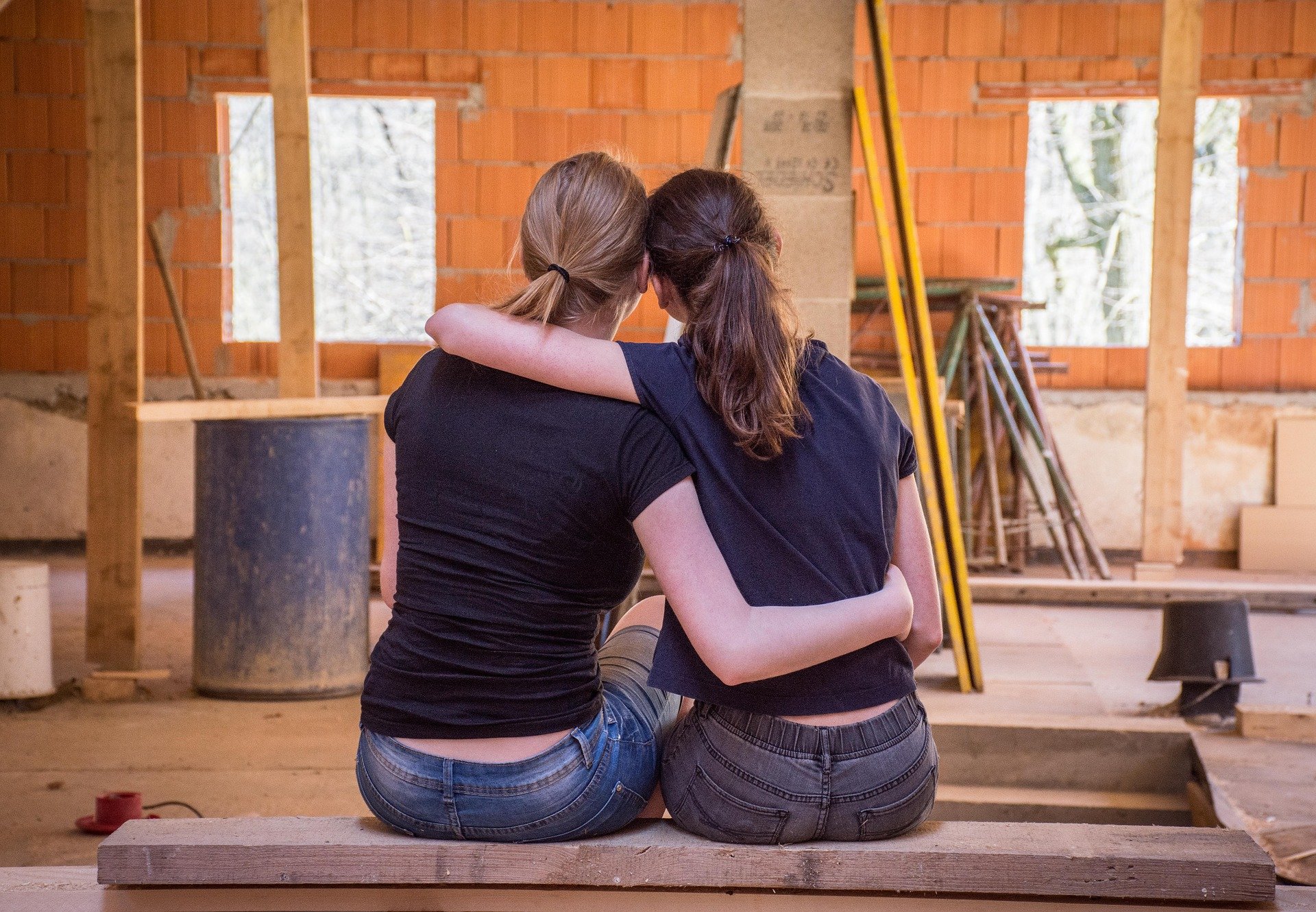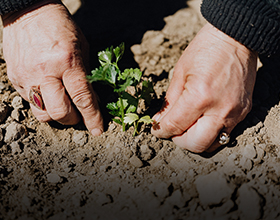Join econexia
Learn about the Utopia Project

This is a model project of higher education for the conversion of young peasants into professionals for territorial rural development
The University of La Salle has in the project "Utopia" 1, a unique concept of personal and professional training that integrates the generation of educational and productive opportunities for young people in rural Colombia, with limited economic resources, and who have been affected by the violence, displacement, and rural poverty.
It is about turning them into Agricultural Engineers, leaders, capable of contributing to the social, political, and productive transformation of the country in their regions of origin, by accompanying rural productive chains within the framework of sustainable agricultural production, climbing towards value added.
The project has its headquarters located 15km from the city of Yopal, where it has a high-quality infrastructure, in accordance with the rural environment, fields of crops and breeding, laboratories, library, systems room, auditoriums, chapel and other spaces physicists for academic and personal training.
The students, children of peasants from the most remote areas of the rural country, are selected annually through a meticulous process where their leadership skills, eagerness to serve, desire to progress and love for their land are privileged.
Throughout three years, students (men and women of legal age) remain continuously on the Yopal campus, which has bedrooms, living room, restaurant, laundries, sports spaces and other services and strict student regulations. They only return to their areas of origin in the holiday periods at the end of the year, to learn about the real problems of their territories.
They receive a permanent professional and personal formation in values, based on the Lasallian University Educational Project and the Lasallian Formative Approach, based on Integral and Sustainable Human Development, the principles of the social doctrine of the church and fraternal accompaniment based on the teachings of the founder San Juan Bautista de La Salle, world patron of educators, in charge of professionals with extensive experience in teaching and research.
The pedagogy and didactics revolve around "learning by doing and teaching by demonstrating": with an intense practical activity in the nine productive lines of the wide campus of the university, in charge of professors of high human and professional quality. Problem-based learning and formative research become important tools in the teaching-learning processes.
In this rural educational scenario, the following are successful: a. a formation in peace and for peace; b. a vision of sustainable agricultural production, based on the integrity and health of the agroecosystem; c. integration to the concept of agroindustrial chain, which considers the constant search for the added value of agricultural production, which may even transcend agroexport; d. a professional training based on the paradigm of sustainable agribusiness for small and medium producers in the country; e. the generation of competences for comprehensive rural extension that they will develop in their areas of origin.
At the end of the three-year period of studies, they return to their communities of origin to carry out a productive agricultural project, with the financial support of the university and the respective technical support. Through this project they develop various activities in their agronomic, investigative, and social components.
At the end of the twelfth quarter, they carry out the support of their degree projects, whose approval gives them the step to obtain the title on behalf of the nation of Agricultural Engineer, which will allow them to perform professionally in their places of origin.
This year 2020, UTOPIA celebrates its first ten years of being founded, with six promotions of agronomists working in the most remote places of the deep Colombia. Utopia is a laboratory of peace; a young project that has shown excellent results as a contribution to the peace processes in the country. The more than a dozen awards corroborate its actions since its foundation.
A change is being appreciated within the Colombian institutional framework: a university-national company-state and international community articulation has been achieved to create synergies around the financing and monitoring of the project.
In their areas of origin, more than 260 Lasallian Agricultural Engineers have obtained great results in relation to the rural development of their co-inhabitants, small agricultural and livestock producers.
Most of them consider staying in the territory as part of their life project, due to the desire to contribute to the development of their region through productive undertakings; 31% are part of an association of producers that they have formed or strengthened and, most importantly, they are heading towards the transformation of the raw material, for the generation of added value and thus entering the processed food market.
Consulting, technical advice and the development of projects to help producers in their productive organization exercises has also been key to generating change in their territories. Likewise, leadership training has allowed a group of graduates to be working in rural development entities (NGOs and public), local administrations (there is a mayor) and representing large companies
Source: Project carried out by Ricardo Bueno, Dolly Rodríguez, and Santiago Sáenz, document from the Universidad de la Salle
Visit other ecosystems
Lifestyle and consumption
Agribusiness and food
Industry, building and manufacturing
Creative and cultural industries
Fashion and clothing manufacture
Tourism
Similar contents
Similar contents
- A partnership:













